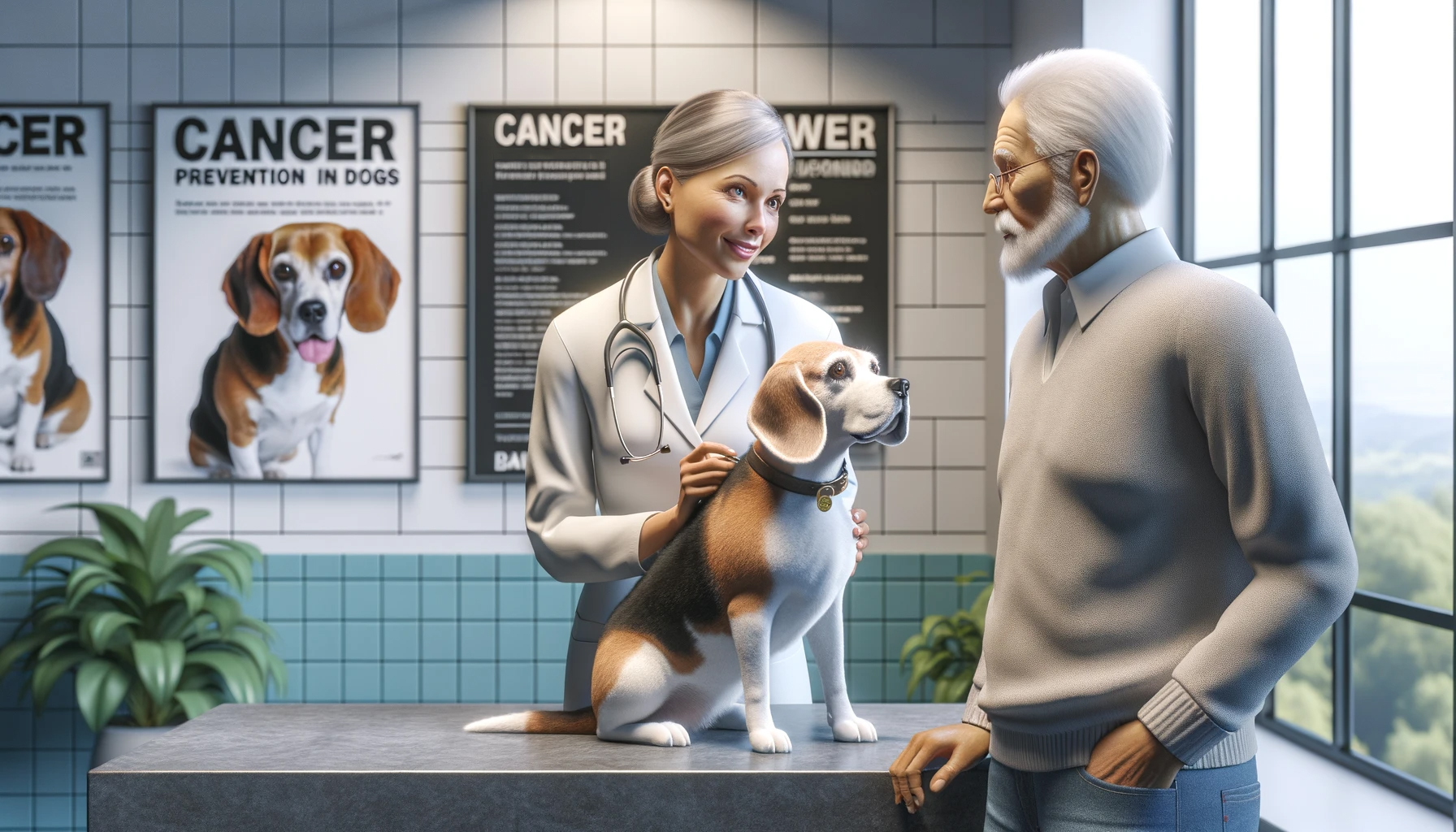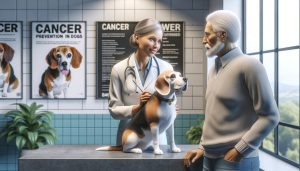Home>Health & Wellness>Nutrition & Diet>Specialized Diets>10 Essential Strategies to Lower Cancer Risks in Senior Dogs


Specialized Diets
10 Essential Strategies to Lower Cancer Risks in Senior Dogs
Modified: November 27, 2023
By adopting specific strategies, you can actively work to reduce the risk of cancer in your older dogs. Read on to find out more.
(Many of the links in this article redirect to a specific reviewed product. Your purchase of these products through affiliate links helps to generate commission for Pawsomeoldies.com, at no extra cost. Learn more)
When it comes to our aging canine companions, the threat of cancer looms large. But there’s hope. By adopting specific strategies, you can actively work to reduce the risk of cancer in your older dogs. Let’s explore ten vital tips to help safeguard your dog’s health in their golden years.
1. Understanding Genetic Predispositions
Knowing your dog’s breed-specific cancer risks is a crucial step. Different breeds have varying susceptibilities to certain cancers, so being informed can guide your preventive measures.
2. The Power of Regular Veterinary Visits
Frequent veterinary checkups, ideally twice a year for senior dogs, are vital. These visits can lead to early detection of health issues, including cancer, increasing the chances of successful treatment.
3. Balanced Nutrition for Optimal Health
A well-rounded diet, especially formulated for senior dogs, is essential. Consult your veterinarian to choose a diet that supports your dog’s health and potentially incorporates cancer-fighting nutrients.
4. Keeping Weight in Check
Obesity in dogs has been linked to increased cancer risk. Regular exercise and proper diet are key to maintaining a healthy weight.
5. Reducing Exposure to Carcinogens
Limit your dog’s contact with known carcinogens like pesticides, tobacco smoke, and harmful household chemicals. Opt for natural, pet-friendly products when possible.
6. Spaying/Neutering Considerations
Spaying or neutering can decrease the risk of certain types of cancer. However, it’s important to discuss with your vet the most appropriate age for these procedures, as they can increase the risk for other cancers in some cases.
7. Prioritizing Dental Health
Regular dental care can prevent oral cancers. Maintain a consistent oral hygiene routine for your dog and ensure they receive regular dental checkups.
8. Environmental Safety
Be aware of environmental hazards like industrial pollutants. Minimize your dog’s exposure to areas with high contamination levels.
9. Alert to Health Changes
As a pet parent, you’re likely the first to notice any unusual changes in your dog’s behavior or health. Promptly consulting with a vet when you spot anything abnormal can be key in early cancer detection.
10. Mental Well-being is Crucial
Finally, don’t overlook your senior dog’s mental health. Stress and anxiety can impact their overall well-being, so ensure they live in a comfortable, loving environment.
By implementing these ten strategies, you can play a crucial role in reducing the risk of cancer in your older dog. Each step you take contributes to their overall health and can lead to a happier, longer life for your beloved pet.
